Compression socks and wraps are popular solutions for managing various leg and foot health issues, including swelling, varicose veins, and post-surgery recovery. While compression stockings are widely recognized, compression wraps are less discussed but equally effective. So, which one is right for you? We will compare compression wraps vs. compression stockings, highlighting their benefits, drawbacks, and best use cases.
Compression Stockings
Compression stockings, or compression socks, are designed to provide graduated pressure to your legs. They are widely used to treat and prevent varicose veins, deep vein thrombosis, and swelling.
These socks apply the most pressure at the ankle, gradually decreasing as they move up the leg. Padded compression socks can be an excellent choice for added comfort and support. They offer extra cushioning in critical areas while still providing effective compression.
Benefits of Compression Stockings
- Variety of Styles: Compression socks come in various colors, patterns, and lengths, catering to different preferences. Options like striped compression socks add a touch of style.
- Moisture-Wicking: Most compression socks are made from materials that manage sweat, making them suitable for all-day wear.
- Ease of Use: They are generally easy to put on and take off, especially with tools available for those with limited mobility.
- Promote Vein Health: They help reduce swelling, prevent blood pooling, and support overall vein health.
- Pain Relief: They can alleviate pain from conditions like varicose veins and reduce post-exercise lactic acid buildup, aiding recovery.
- Improve Circulation: Boost lymphatic drainage and help with mild symptoms of lymphedema or lipedema.
Drawbacks of Compression Stockings
- Quality Concerns: Over-the-counter options vary in quality. Lower-quality socks may not provide consistent pressure and could have defects.
- Improper Fit: Ill-fitting socks can worsen circulation, cause skin irritation, or even lead to nerve damage and infection.
- Material Issues: Some users may be allergic to certain fabrics, and non-breathable materials can be uncomfortable in hot weather.
- Design Limitations: Socks with seams can lead to blisters, corns, or calluses, and longer socks can be uncomfortable during summer.
- Health Concerns: Compression socks can be harmful and have adverse health concerns if incorrectly used.
Compression Wraps
Compression wraps are adjustable garments that provide targeted pressure to various body parts, including legs, feet, arms, and hands. They are often used for post-surgery recovery and managing chronic conditions like lymphedema.
Benefits of Compression Wraps
- Customizable Fit: Wraps can be easily adjusted to accommodate changes in swelling, ensuring consistent pressure.
- Versatility: Available in different widths and lengths for various body parts, offering a tailored fit.
- Post-Surgery Recovery: This is particularly beneficial for managing swelling after surgery or cosmetic procedures.
- Adjustable Compression: Pressure can be modified based on activity levels, making them suitable for varying needs.
Drawbacks of Compression Wraps
- Limited Colors and Styles: Typically available in primary colors like beige, black, and gray, lacking the style options of compression socks.
- Difficult to Apply: They can be challenging, especially for those with limited hand mobility.
- Discomfort: High pressure and added layers can cause pain, especially in hot weather.
- Moisture Sensitivity: Most wraps should not get wet, as moisture can reduce their effectiveness and comfort.
- Footwear Compatibility: Some wraps prevent wearing regular shoes, and limb wraps may interfere with everyday clothing.
- Sliding Issues: Multi-layer wraps are prone to sliding, especially on irregularly shaped limbs, reducing their effectiveness.
- Medical Precautions: Should not be used by individuals with PAD, diabetes, or peripheral neuropathy unless recommended by a doctor.
Choosing Between Compression Stockings and Wraps
When to Choose Compression Socks
- Suitable for everyday use, particularly for those standing or sitting for long periods.
- It is ideal for athletes using exercise socks and needing post-exercise recovery or managing mild varicose veins and swelling.
- They are easier to put on and take off, making them accessible to most users.
When to Choose Compression Wraps
- They are better for managing fluctuating swelling, as they can be easily adjusted throughout the day.
- Beneficial for post-surgery recovery or severe conditions like chronic lymphedema.
- More targeted compression is helpful for irregularly shaped limbs or specific body parts.
Pros and Cons Summary: Compression Stockings vs. Compression Wraps
|
Feature |
Compression Stockings |
Compression Wraps |
|
Application |
Graduated pressure from the ankle upwards |
Adjustable pressure for particular body parts |
|
Best For |
Everyday use, athletes, mild swelling |
Fluctuating swelling, post-surgery, chronic conditions |
|
Ease of Use |
Easy to put on and take off |
It can be challenging to apply, especially with limited mobility |
|
Comfort |
Comfortable for all-day wear |
It may cause discomfort, especially in hot weather |
|
Styles Available |
Wide variety of colors, patterns, and lengths |
Limited to basic colors |
|
Material Sensitivity |
Some materials may cause allergies or discomfort |
It may cause irritation and blistering, especially with seams |
|
Footwear Compatibility |
Compatible with most footwear |
It may not be compatible with regular shoes |
|
Cost |
Typically more affordable |
Usually more expensive due to customization |
|
Maintenance |
Easy to wash and maintain |
Must be kept dry; more challenging to care for |
|
Medical Considerations |
Generally safe but should not be used for certain conditions |
Should not be used for PAD, diabetes, or peripheral neuropathy without a doctor’s approval |
How to Ensure a Proper Fit
Whether you choose compression wraps or stockings, proper fitting is essential to maximize benefits and prevent complications. Measure your legs carefully and consult a sizing guide before purchasing. If you need help, read our guide on selecting the ideal compression level or consult your doctor for personalized advice.
Measure Correctly
Use a flexible tape measure to check your ankle, calf, and leg length, ideally when swelling is minimal in the morning. Measure both legs and use the more extensive measurements to choose the correct size.
Check Sizing Charts
Always refer to the manufacturer's sizing guide to match your measurements accurately. Choose the right compression level based on your needs, such as mild compression for general use or high compression for medical conditions.
Get Professional Help
Consult your doctor or a healthcare professional if you need clarification on sizing, especially for medical conditions. Consider using professional fitting services to ensure an accurate and comfortable fit.
Frequently Asked Questions
What is the main difference between compression socks and wraps?
Compression socks provide consistent graduated pressure, while compression wraps offer adjustable pressure that can be customized based on your needs.
Can I wear compression wraps instead of socks?
Compression wraps can be an alternative to socks, especially for managing fluctuating swelling or post-surgery recovery.
Are compression socks safe for everyone?
Compression socks are generally safe, but individuals with certain medical conditions, such as PAD or severe arterial disease, should consult a doctor before use.
How do I choose between compression socks and wraps?
Your choice should be based on your needs, comfort, and medical conditions. For personalized advice, consult with a healthcare professional.
How often should I replace my compression socks or wraps?
To ensure they provide the necessary compression, replace them every 3-6 months or sooner if they lose elasticity.
What are the disadvantages of compression bandages?
Compression bandages can be challenging to apply correctly, may loosen over time, and require frequent adjustments to maintain proper pressure.

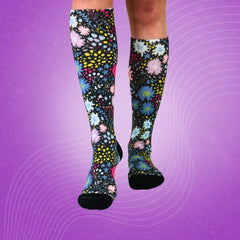
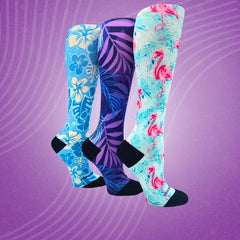
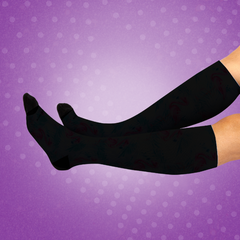
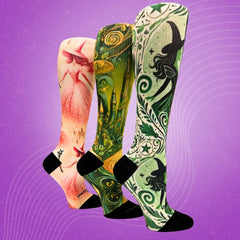
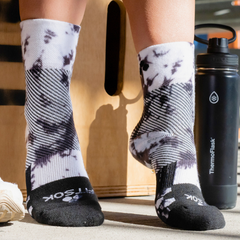
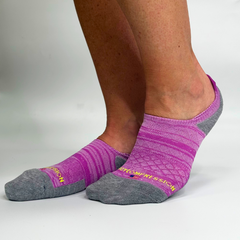

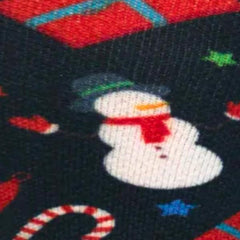


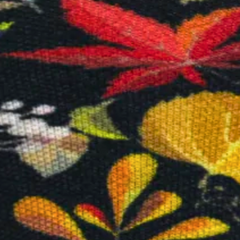
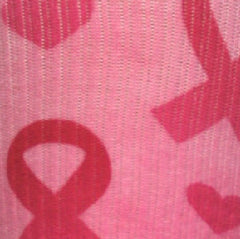
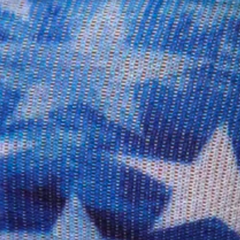

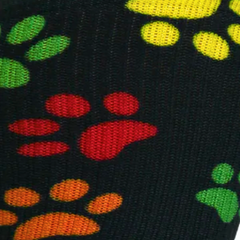
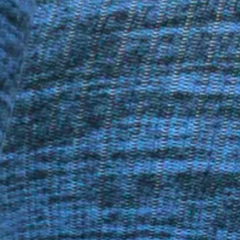
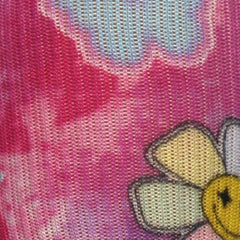

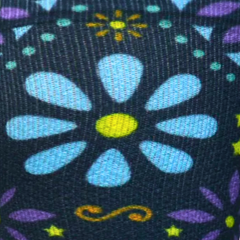
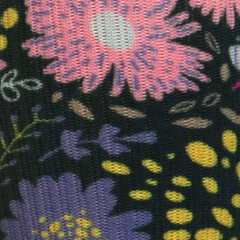
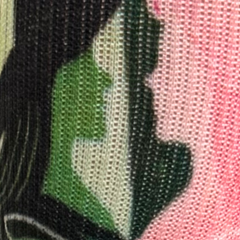
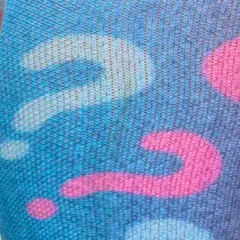
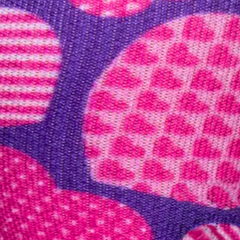
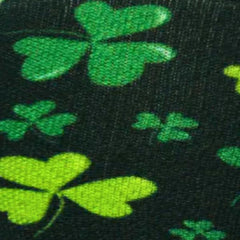
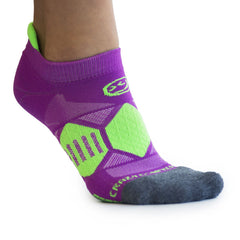

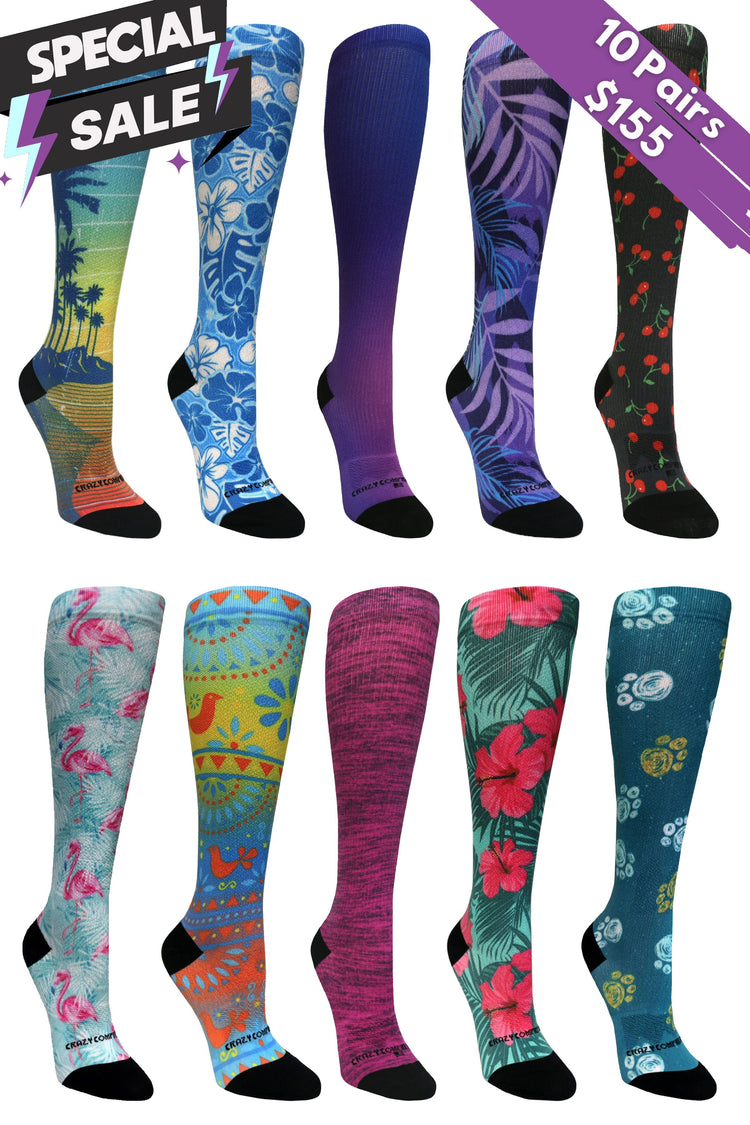


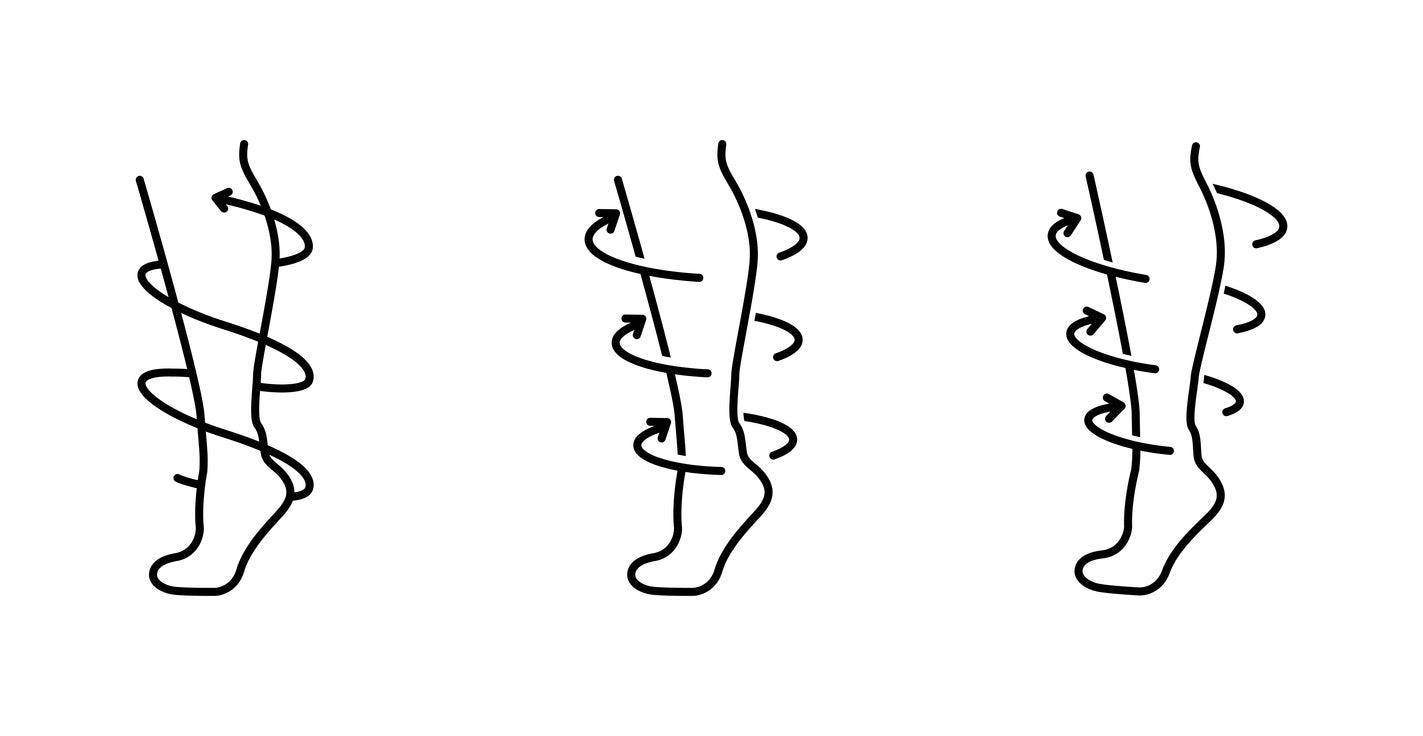
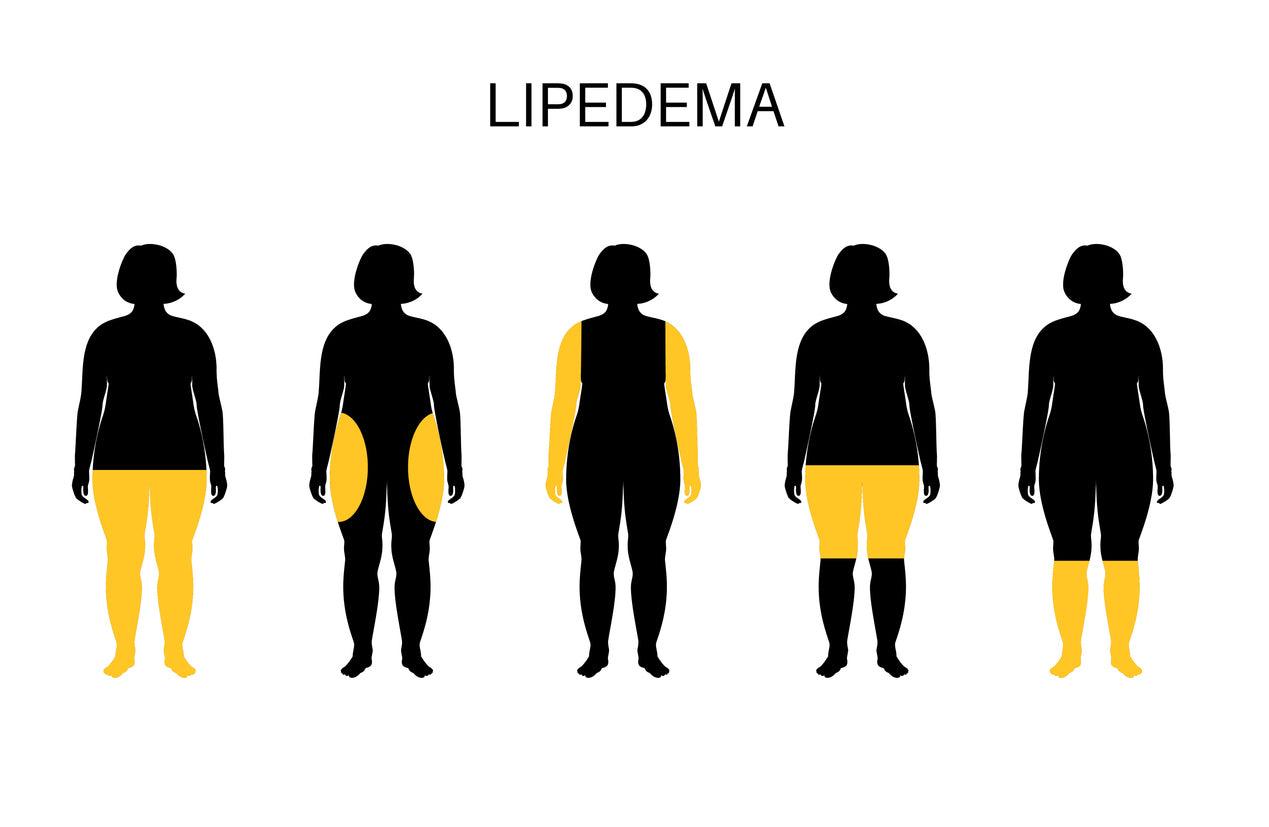
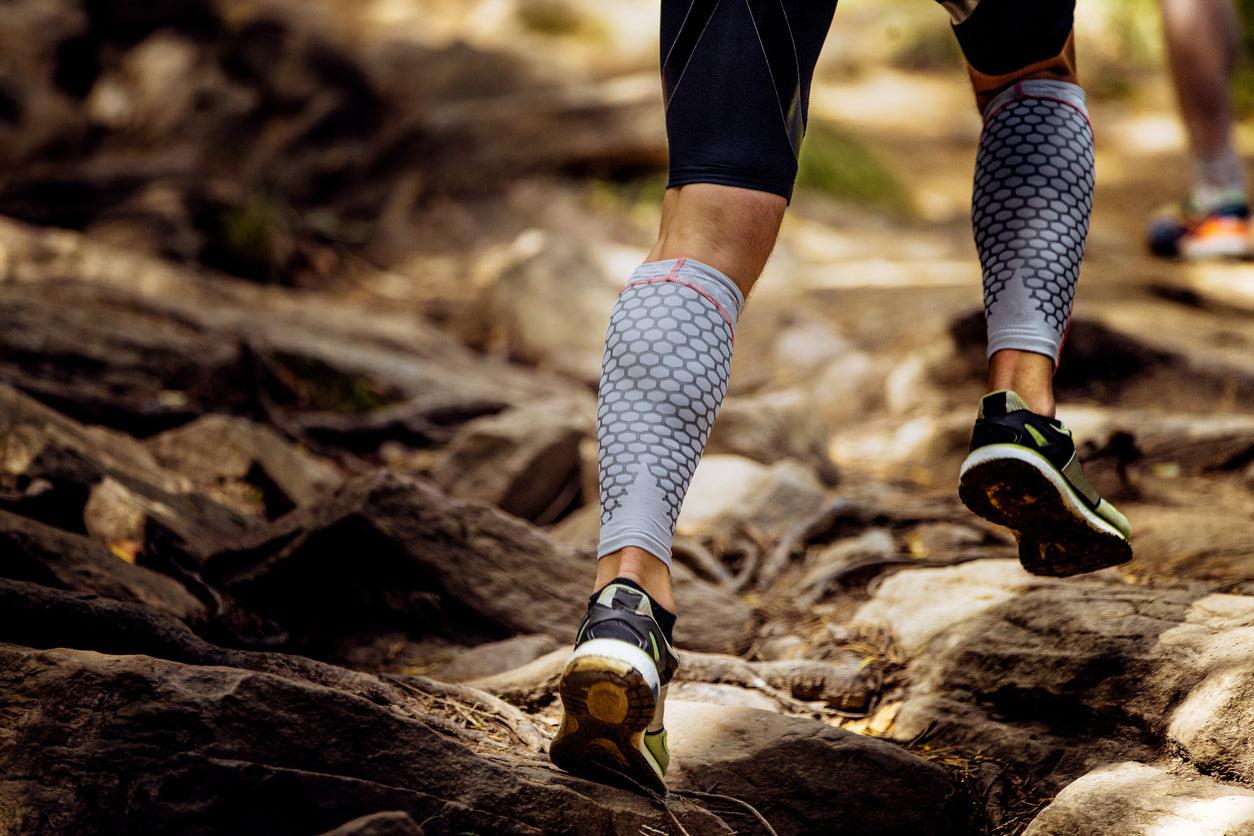
Leave a comment
This site is protected by hCaptcha and the hCaptcha Privacy Policy and Terms of Service apply.